| The happier my life’s become, the less inclined I feel to take a holiday. Why go to the trouble of packing a suitcase – or worse, boarding a plane – when you’ve got (almost) all you want at home? Five nights’ in Cumbria seeing friends and family, and researching my possibly third novel, back in April, have furnished a perfectly adequate change of scene for this year, along with a three-day non-residential music course next week. |
Welcome
I started this blog in 2013 to share my reflections on reading, writing and psychology, along with my journey to become a published novelist. I soon graduated to about twenty book reviews a month and a weekly 99-word story. Ten years later, I've transferred my writing / publication updates to my new website but will continue here with occasional reviews and flash fiction pieces, and maybe the odd personal post.
|
12 Comments
Can you rewrite your own history and get away with it? That’s what Joseph Silk and Mary Holmes, lead characters in these two new novels, seem to have done. Both have been motivated to avoid traumatic memories – but there are consequences. In Joseph’s case, it’s been the impact on his family; in Mary’s, it’s a lifetime of guilt. Both novels feature a bond between young and old. Both address aspects of the Second World War: Joseph takes his suffering under Nazi-inspired racism in Hungary to his grave; far away in relatively safe Dorset, the backdrop of war pushes Mary to confess. Read my reviews and see whether you sympathise with the decisions they took.
If adolescence was the invention of the baby boomers, it’s the millennials who’ve shown – along with recent(ish) research into the developing brain – that this interlude between childhood and adulthood lingers well into one’s twenties. At this stage of our lives, many of us are still experimenting with who and how to be, as these two debut novels illustrate in thoughtful and entertaining ways. The young female narrators juggle the legacy of patchy parenting; love triangles; envy and class privilege; and platonic and sexual relationships at the boundary between intimacy and privacy – and city living, one in London and the other in Dublin. Read on!
As 2018 started a few hours earlier in Australia than in the UK, it’s fitting that I should begin my reading year there. Or it could be the coincidence of kindly publicists sending me advance copies of two Australian novels published in the UK this month. The first namechecks various Sydney suburbs, while the second begins near Melbourne before circumnavigating the country. The first contemporary, the second set in the 1950s, they explore the socio-politics of Australian identities and their links to migration and colonialism.
When I’m not sure what to make of a recent read, it sometimes helps if I couple it with something equally enigmatic. A common thread, even if it’s not the theme the author intended, affords me at least the illusion of understanding. So following White Tears, in which a young white man in contemporary America experiences the terror of a black man in the 1920s arrested for a crime he didn’t commit, with My Falling Down House, in which a former Tokyo “salaryman” experiences homelessness, helped me gain my bearings on both.
These two novels are worlds apart in terms of style and genre, but both involve mysterious deaths set against real-life moments of rampage and riot in England during recent hot summers. In the first, a lone gunman on the rampage in 2010 Cumbria is integral to the story. In the second, the 2011 London riots provide the perfect backdrop for a domestic noir thriller.
Although I’ve never been sure about novels about writers, I was keen to read these two: the first about an unpublished novelist ghostwriting a memoir and the second about a poet anticipating a different kind of creativity with her first child. Both these fictional writers are brought into close contact with an unexpected other – for the first, the character whose memoir he is writing; the second, another poet who used to live in the town to which she’s recently moved – with life-changing consequences. Both novels explore the nature of the self and the permeability of the boundary with the other (and, incidentally, feature graphic scenes of childbirth). For another novel about a writer, see my review of My Name Is Lucy Barton.
Blogger and memoirist, Irene Waters, has been collecting memories of ordinary activities across the generations and across the world. Last October’s theme, collections, sparked some interesting reminiscences about stamps, birds’ eggs and the dysfunctional parts of ballpoint pens, to name but a few. The latter came to mind when I was reading about Cathy, the protagonist of the second novel reviewed in this post, and I’ve linked her with Julia, whose unusual life, and posthumous career, is the subject of Orphans of the Carnival, who was less a collector than an object of curiosity herself. I hope you’ll be curious enough to read on.
My first two reads of 2017 are linked by one of last year’s favourites: like The Underground Railroad, The Golden Legend is about outsiders on the run, while Homegoing explores the before, after and meanwhile of the slave trade between Africa and America. Both novels also reference the role of literature in challenging partial accounts of the lives of the powerless.
Every novel is comprised of different parts that writers, readers and reviewers hope will combine into a satisfying whole. My last two reviews of 2016 – before I reveal my favourites of the year – are of novels for which finding that coherence is a particular challenge, but extremely worthwhile if achieved. Both published this summer, neither seems to have attracted many reviews on Goodreads, but I’m impressed with both (albeit one more than the other) so I hope you’ll at least give my reviews a chance.
This post, my last before Christmas, features two novels about men with marginalised identities. Read on and see if either takes your fancy for your holiday reading.
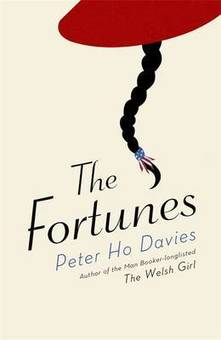 When I was growing up, it was said that every fourth child was Chinese. As the fourth child of a white working-class Catholic family, I saw no contradiction in applying that logic to myself. I don’t remember how and when I was disabused of this notion, but I imagine being disappointed. Although probably too young to have a concept of Chinese identity (I think it was prior to my family frequenting Chinese restaurants), the idea of being different made perfect sense. Perhaps that’s what attracts me to reading and writing about diversity, but the Chinese are still relatively unrepresented in my fictional world (Everything I Never Told You an exceptional exception). So, having enjoyed his debut, The Welsh Girl, I looked forward to having my horizons widened by Peter Ho Davies’ new novel about Chinese-American identity, courtesy of Sceptre Books. These three novels featuring three fictional celebrities take us from the leader of an anti-establishment artists’ movement in 1930s Australia, to an Arab-Berber boxer in colonial Algeria and to a Nigerian musician and political activist in late 20th-century Kenya. Each illustrates the intertwining of social and psychological issues, and the costs and compromises of fame.
Today’s focus is on plot, with reviews of a psychological thriller about identity and a sophisticated crime novel against a backdrop of African-American politics.
Stand by for two haunting short books published in the UK today about different facets of the lives of women.
I’m discussing two novels in translation about philosophy-obsessed / philosopher-obsessed men who travel from Europe to New York in pursuit of their interests. Yet, as is often the case when I partner one novel with another, they are very different books. Because of the mental-health slant, I also could have paired either with A Cure for Suicide, or, because of the identity issues, with The Diver’s Clothes Lie Empty and/or The Life and Death of Sophie Stark.
Becoming a person: The Cure for Suicide by Jesse Ball & The Man I Became by Peter Verhelst22/2/2016 Let me share with you my reflections on two highly original novels about dissemblance and truth in the process of becoming a person. Although the publishers don’t do so, I’m classing both as slipstream fiction, a place between fantasy, sci-fi and literary fiction I’ve also explored in my own short stories. Read on, and let me know what you think.
Identity and make-believe: The Diver’s Clothes Lie Empty & The Life and Death of Sophie Stark4/2/2016 Lately, I’ve been contemplating my identity as a novelist: how, on the one hand, it’s a simple statement of fact while, on the other, it represents an existential anxiety about what I’d be if I couldn’t describe myself in terms of something that sounds like a job. So these two novels exploring identity and make-believe, albeit with reference to film rather than fiction, have come along at exactly the right time.
|
entertaining fiction about identity, mental health and social justice
Annecdotal is where real life brushes up against the fictional.
Annecdotist is the blogging persona of Anne Goodwin:
reader, writer, slug-slayer, tramper of moors, recovering psychologist, struggling soprano, author of three fiction books. LATEST POSTS HERE
I don't post to a schedule, but average around ten reviews a month (see here for an alphabetical list), some linked to a weekly flash fiction, plus posts on my WIPs and published books. Your comments are welcome any time any where. Get new posts direct to your inbox ...
or click here …
Popular posts
Categories/Tags
All
Archives
March 2024
BLOGGING COMMUNITIES
|

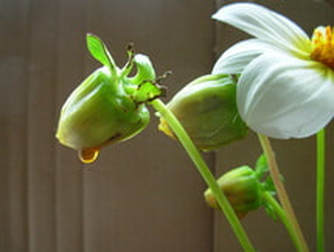
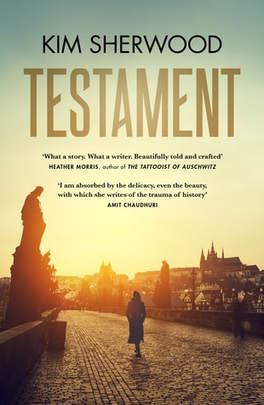
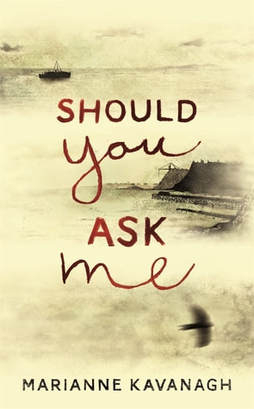
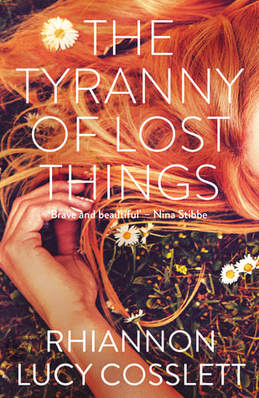
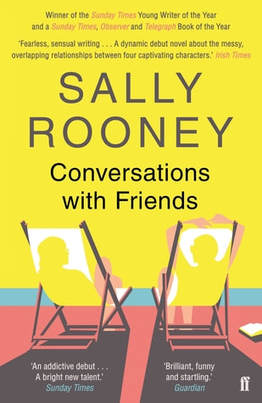
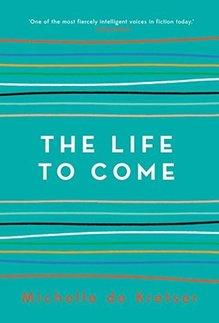
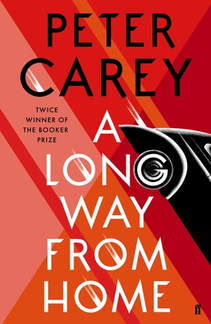
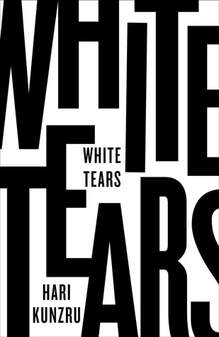
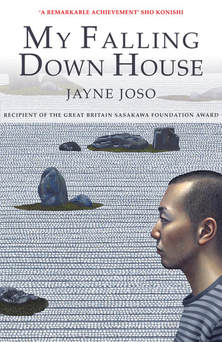
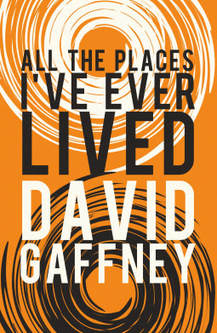
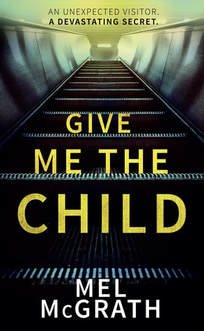
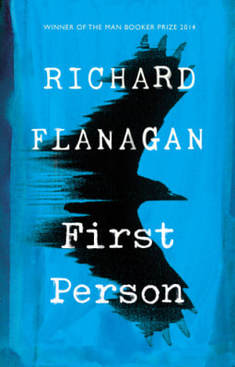
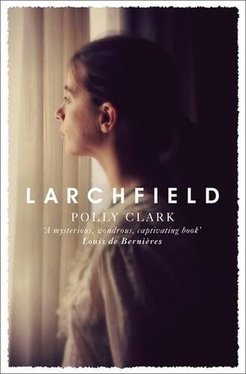
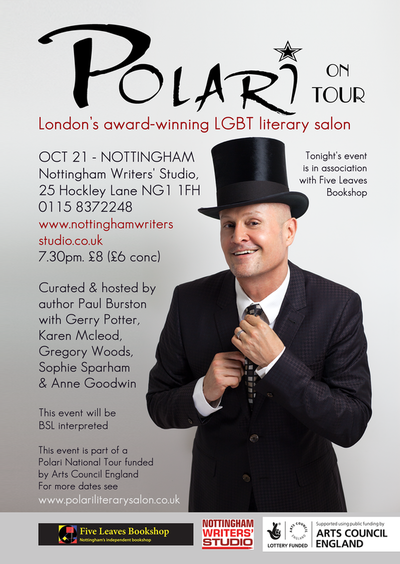
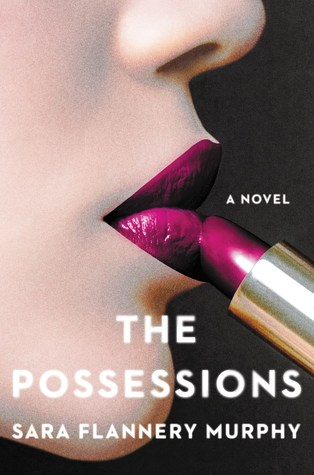
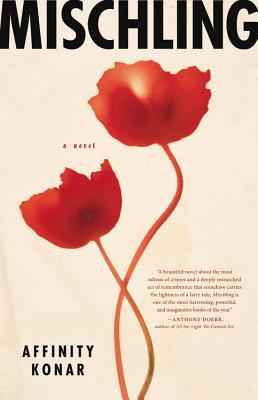
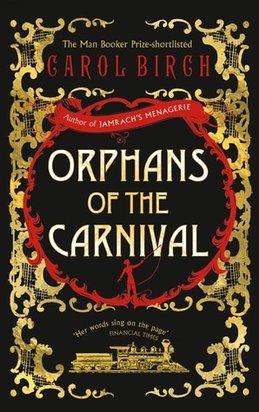
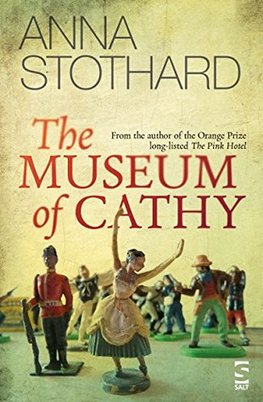
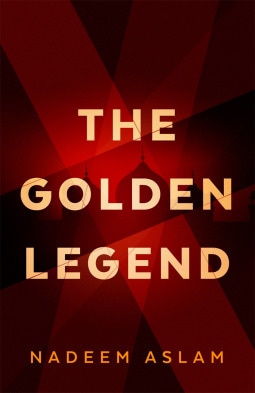
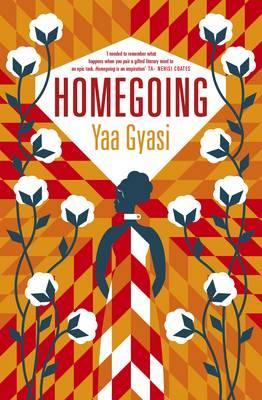
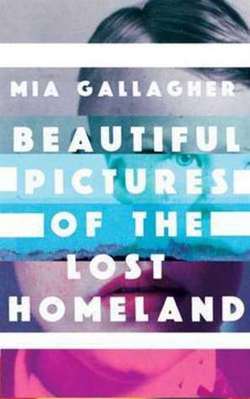
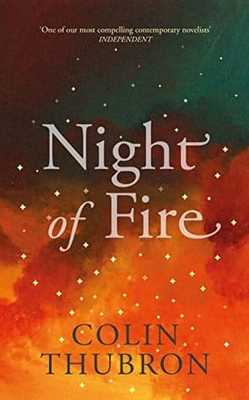
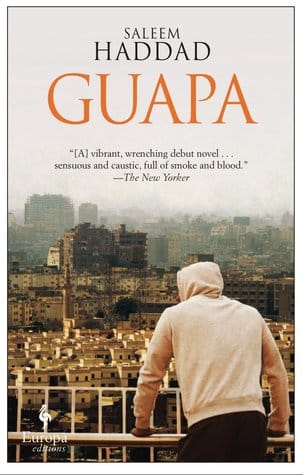
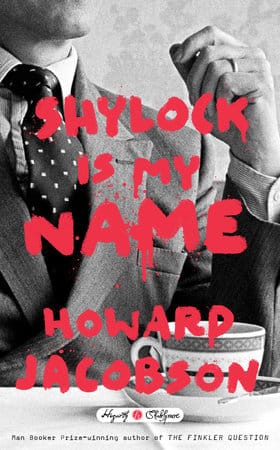
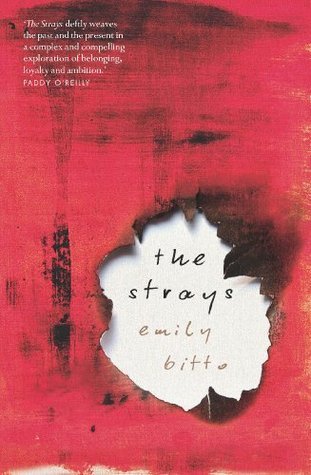
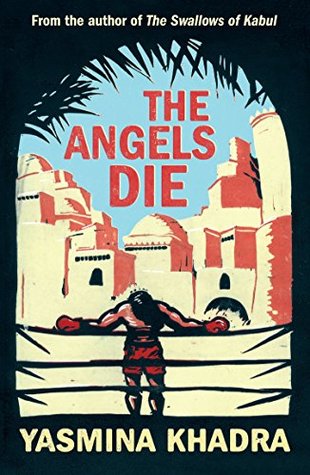
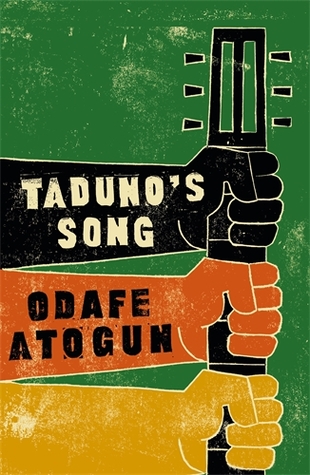
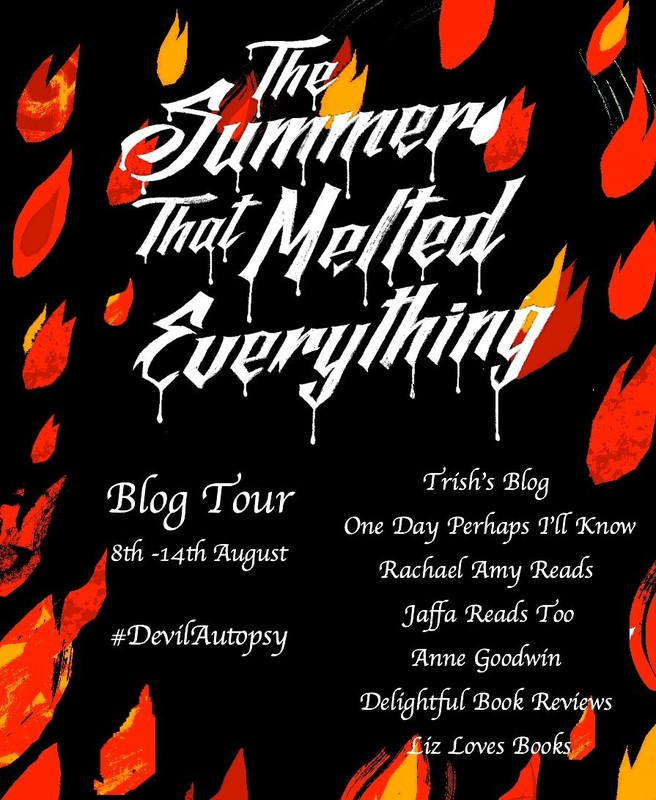
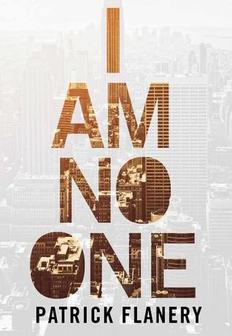
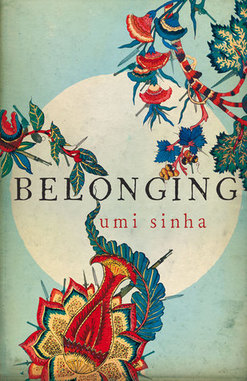
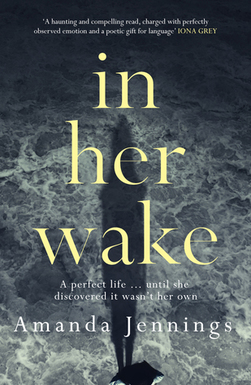
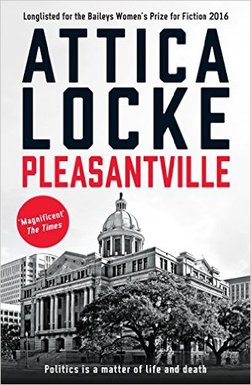
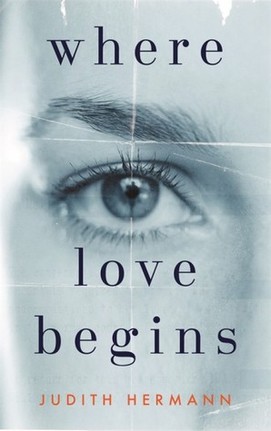
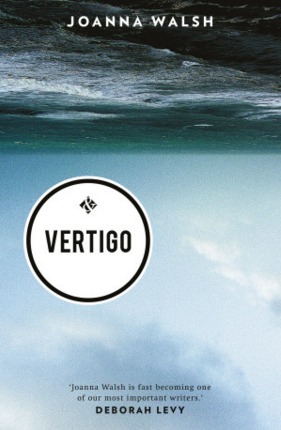
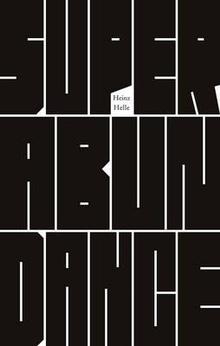
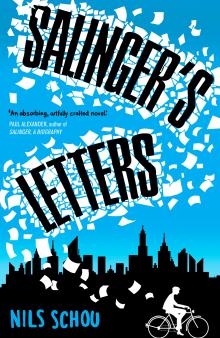
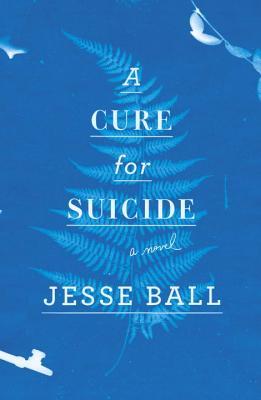
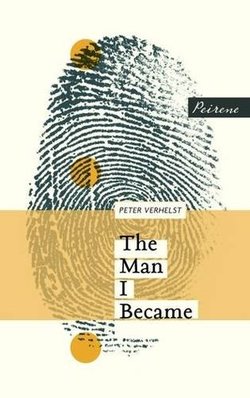
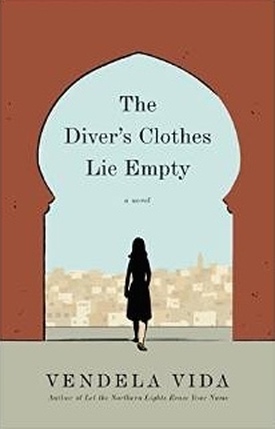
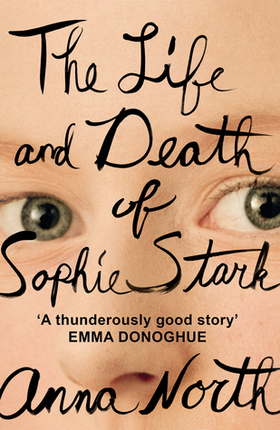





















 RSS Feed
RSS Feed





















